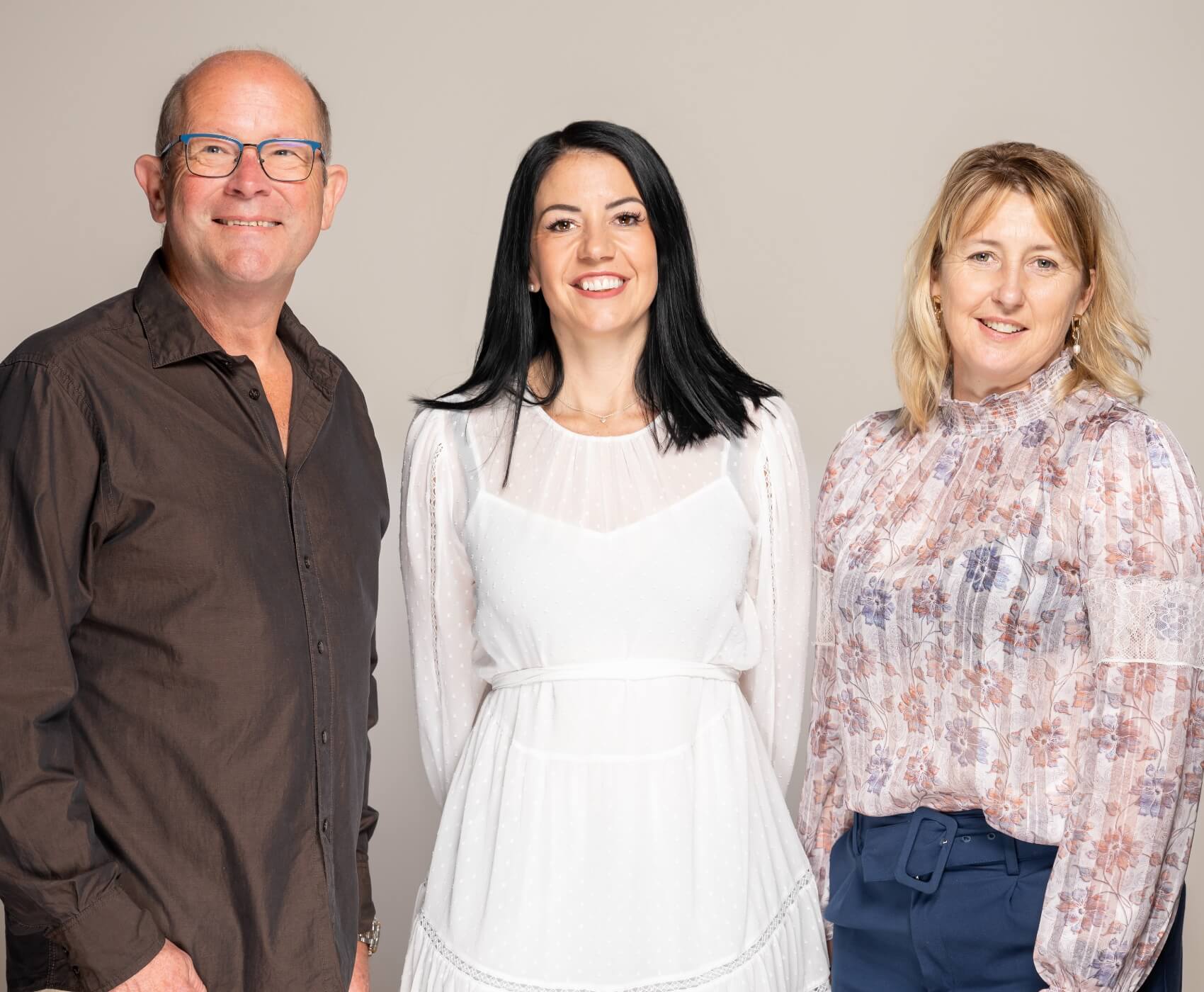If you already own a home or another investment property, you may be able to use some of the equity in this property as a deposit on your new investment property. Equity is the difference between the value of your property and the amount you owe on it. For example if your house is worth $700,000 and you owe $300,000, then your equity is $400,000. You build up equity as you pay down your mortgage or if your property increases in value.

